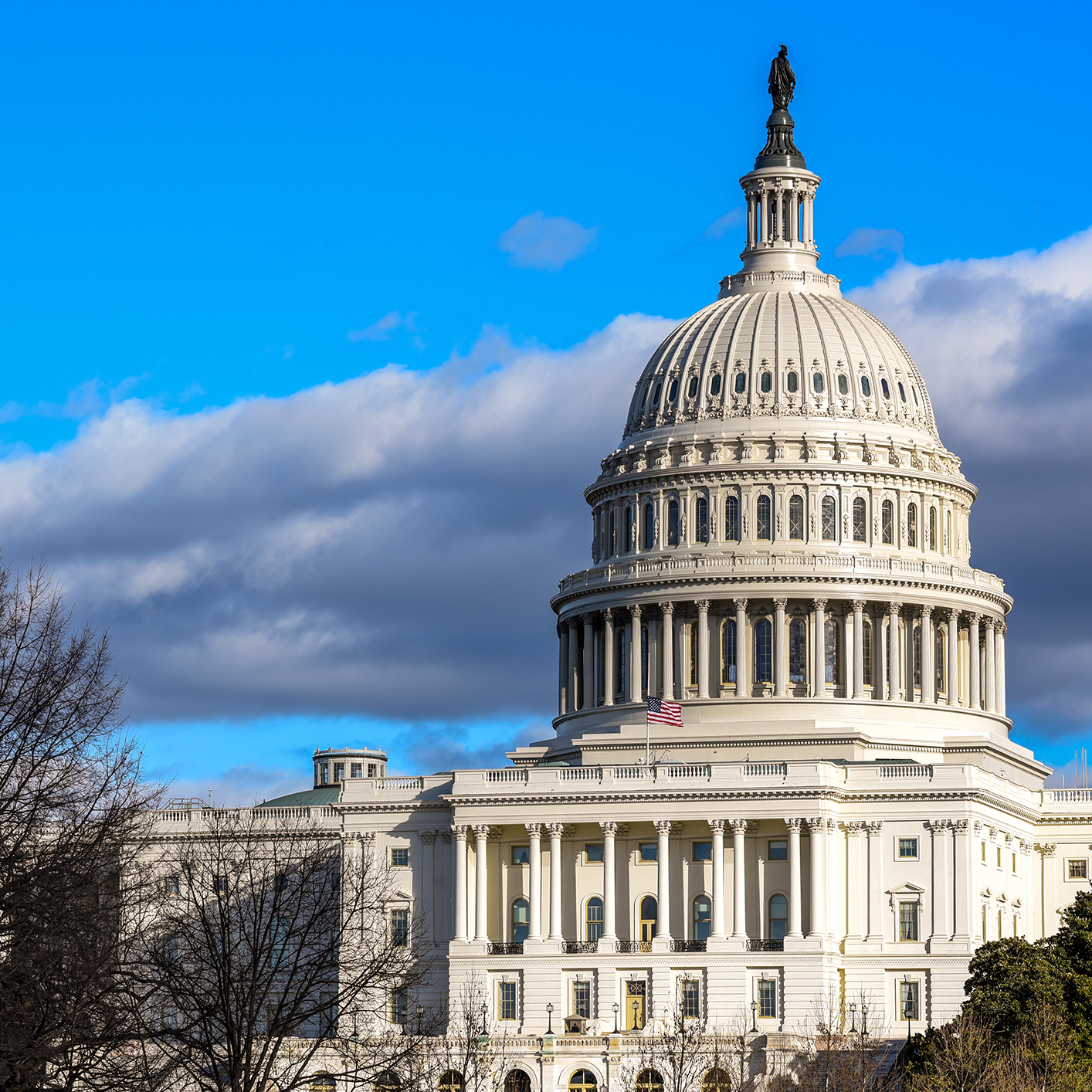Insights
Search Insights
Featured Insights
January 9, 2026
Foley Viewpoints
Legal Risks Associated With Accelerated Investment Opportunities in Venezuela
January 22, 2026
Legal News: International Trade Enforcement & Compliance
President Trump Issues Section 232 Proclamation to Establish a Reliable Domestic Supply Chain for Critical Minerals: What You Need to Know Now
On January 14, 2026, President Trump issued a proclamation following an investigation by the U.S. Secretary of Commerce (Secretary), under Section 232 of the Trade Expansion Act of 1962 (19 U.S.C. 1862) (Section 232), into the effects of imports of processed critical minerals and their derivative products (Critical Minerals) on the national security of the United States.
January 14, 2026
Health Care Law Today
Protecting the AI Advantage: Why Patents Are a Critical Growth and Risk-Management Tool for Digital Health Platforms
For CEOs, general counsels, and CTOs, the question is no longer whether patents matter. The question is whether the company has an…
Upcoming Events
March 6, 2026
Events
Digital Health Law 2026: What to Expect, Legal/Regulatory Trends, and AMA
This fast-paced, irreverent workshop will give attendees concrete, actionable answers to their burning legal questions; offer advice on how to better communicate with and extract more value out of startups’ legal advisors; and instill confidence in how founders and operators of high-growth digital health companies assess risk on regulatory compliance vs business needs.
March 26, 2026
Events
Exploring the Subtleties and Safe Zones of Off-Label Communications — Part 2
Foley partner Kyle Faget, co-chair of the Medical Devices & Equipment Area of Focus within the firm’s Health Care & Life Sciences Sector, is speaking on the panel “Exploring the Subtleties and Safe Zones of Off-Label Communications — Part 2” during the American Conference Institute’s FDA Boot Camp program on Thursday, March 26.
February 18, 2026
Events
Powering the AI Boom: Insights from Foley & Lardner’s 2026 Data Center Development Report
AI, crypto, and cloud demand are driving unprecedented U.S. data center growth — but energy scarcity, regulatory hurdles, and market corrections loom. Join us for an exclusive webinar as we take a deep dive into the opportunities, challenges, and strategic shifts shaping U.S. data center growth in the age of AI.
Latest Blog Posts
February 11, 2026
Energy Current
Trump Administration and Export-Import Bank Establish a $12B U.S. Strategic Critical Minerals Reserve: Five Things Critical Mineral Mining Companies Need to Know Now
Key Takeaways Most Section 45Z rules apply only after the regulations are finalized, limiting near-term impact on existing fuel…
February 10, 2026
Health Care Law Today
PBM Reform Cheat Sheet: Chart Comparing the Recent Rules for Group Plans
Key Takeaways: Within a one-week period, there were two actions at the federal level to increase pharmacy benefits manager (PBM)…
February 10, 2026
Foley Viewpoints
PBM Reform Cheat Sheet: Chart Comparing the Recent Rules for Group Plans
Key Takeaways: Within a one-week period, there were two actions at the federal level to increase pharmacy benefits manager (PBM)…
Latest Podcast Episodes
January 15, 2026
The Path & The Practice
Special Episode: Alexis Robertson and Dan Sharpe talk advice to new Big Law associates
In this special edition of The Path & The Practice, Alexis is joined by Dan Sharpe, DEI Manager at Foley & Lardner, for a conversation focused on advice to new associates. Based on their years of legal practice and their experience working in law firm talent development and DEI, they cover a variety of topics including time entry, meeting deadlines, responsiveness, and office presence.
January 5, 2026
Health Care Law Today Podcast
Episode 37: Chanda Center for Health: Reimagining Access to and Delivery of Long-term Disability Care
In this episode, Lauren Carboni, co-chair of Foley’s Health Care Litigation Area of Focus, is joined by Chanda Hinton, Founder and Executive Director of The Chanda Center for Health, a pioneering nonprofit dedicated to empowering individuals with long-term physical disabilities.
November 7, 2025
The Path & The Practice
Special Episode: Patrick McMahon, Alexa Goldstein, and Rashad Abdallah talk life in Big Law as military veterans
This special edition of The Path & The Practice welcomes members of Foley’s Veterans & Allies Affinity Group, Patrick McMahon (Senior Counsel, Labor & Employment, Chicago), Alexa Goldstein (Associate, Litigation, Tampa), and Rashad Abdallah (Associate, Labor & Employment, San Diego).
Latest Viewpoints
February 10, 2026
Tariff & International Trade Resource
A New Year and a Renewed Focus on Foreign Influence Laws
While enforcement of FARA had steadily increased in recent years, the first few months of the second Trump administration created uncertainty surrounding the DOJ's prioritization of investigations involving FARA. In the meantime, multiple states are taking up the enforcement mantle with legislation of their own that have disclosure requirements very similar to those contained in FARA. With recent indications from the administration and the DOJ that FARA is still alive and well, risk will exist on multiple fronts for companies and organizations that have ties to foreign entities, receive fundings from foreign sources, and interact with foreign governments.
February 9, 2026
Foley Viewpoints
DOJ Creates New National Fraud Division
On January 8, 2026, the Trump Administration announced the creation of a new Department of Justice division focused on national fraud enforcement, signaling an anticipated expansion of federal fraud investigations and enforcement activity. The new division, the National Fraud Enforcement Division, is intended to enforce federal criminal and civil fraud laws affecting federal programs, federally funded benefits, businesses, nonprofits, and private citizens nationwide.
February 5, 2026
Foley Corporate Governance Update





